Introduction
The Challenge: Many faculty members have double and triple obligations to be engaged in research, teaching, writing, presenting their work at conferences, and mentoring students.
Purpose: Time management is presupposed for achieving work and personal success as well as to remain healthy.
Overview: Graduate school students and other scholars will find the following time management tips in this post proven and suitable for academic research.
1. Goals and priorities
Certain goals require setting priorities to be sure that all members of the working team understand which tasks should be solved as priorities.Define Research Objectives: Establish you’re strategic over the years’ goals and the annual goals for your research projects.
Prioritize: First, observe the difference between the urgent and the important and ensure that your day’s work is moving towards important objectives.
SMART Goals: Cohesive: To be specific use the S.M.A.R.T acronynm that stand for Specific, Measurable, Achievable, Relevant and Time bound.
2. The following are the planning and structuring of your day
Weekly and Daily Planning: Schedule time by project and by
task.
Time Blocking: For specific research
work, writing, reading and meetings, use the blocks.
Realistic Scheduling: Do not over
schedule by anticipating only 80 percent of the day’s activities to accommodate
the rest of the work.
3. Use of Technology Tools and Software to Support Teaching & Learning activities
Project Management
Software: Specific applications such as Trello, Asana and Notion work as
schedulers and enable the tracking of tasks.
Time Tracking: Applications like
Toggl or Rescue-Time can assist in discovering how time is spent and will also
help with concentration.
Reference Managers: Such as
Mendeley, Zotero or EndNote will be a helpful tool to avoid spending a lot of
time on citations and bibliography.
4. How not to procrastinate: Dealing with Distractions
Identify Triggers:
Accept what usually causes undue delay (for instance, challenging activities,
blurry objectives).
The Pomodoro Technique: The break
schedule in the focusing deep work plan is to work in 25 minutes then break in
5 minutes.
Limit Distractions: They include switching off all notification tones, putting
notice on some particular hours when one is more focused, and informing
co-workers/ family members.
5. Learning to Say No (Politely)
Evaluate New Commitments: Head and shoulders jobs before taking one, make sure that it fits the goals to be achieved.
Communicate
Boundaries: Make sure to educate those involved colleagues or supervisors
when rejecting more tasks about your load.
Seek Alternatives: If you can’t
refuse, avoid it if you can, opt for deferring it to a later time or get
someone else to do it for you.
6. Self-Care for Long Term Sustainability
Prioritize Rest and Exercise: It might be beneficial to know that breaks help in increasing concentration and decreasing the level of stress and burnout.
Mindfulness Practices: Practical ways to eliminate this stress include the use of meditation, yoga or even deep breathing.
Reflect and Adjust: Always check up on how you are managing your time and consider changes which may be necessary.
7. Orientation to Collaboration and Networking
Delegate Where Possible: Delegation is good especially when you have a research assistant or a team; manage to give out jobs that need not be done by you only.
Regular Check-ins
with Mentors or Peers: Hear from peers can assist keep workers motivated
and encouraged this hold one’s colleagues accountable.
Conclusion
Key Takeaways: As
is known, time management is about making lists, setting goals, and organizing
work, as well as self-care.
Encouragement: University involves a
lot of work, however, these approaches can go a long way to making life easier
and less stressful.
Call to Action: Begin with one or
two, do them and gradually add in the others as time goes by.
Here the audience is provided with guidance, or tips and techniques that can be implemented by academic workers together with tools for increasing their organizational efficiency and work satisfaction.

 Workshop on Embedded Systems: Building Real-World Applications
Workshop on Embedded Systems: Building Real-World Applications  Top Internship Training & Certificate
Top Internship Training & Certificate 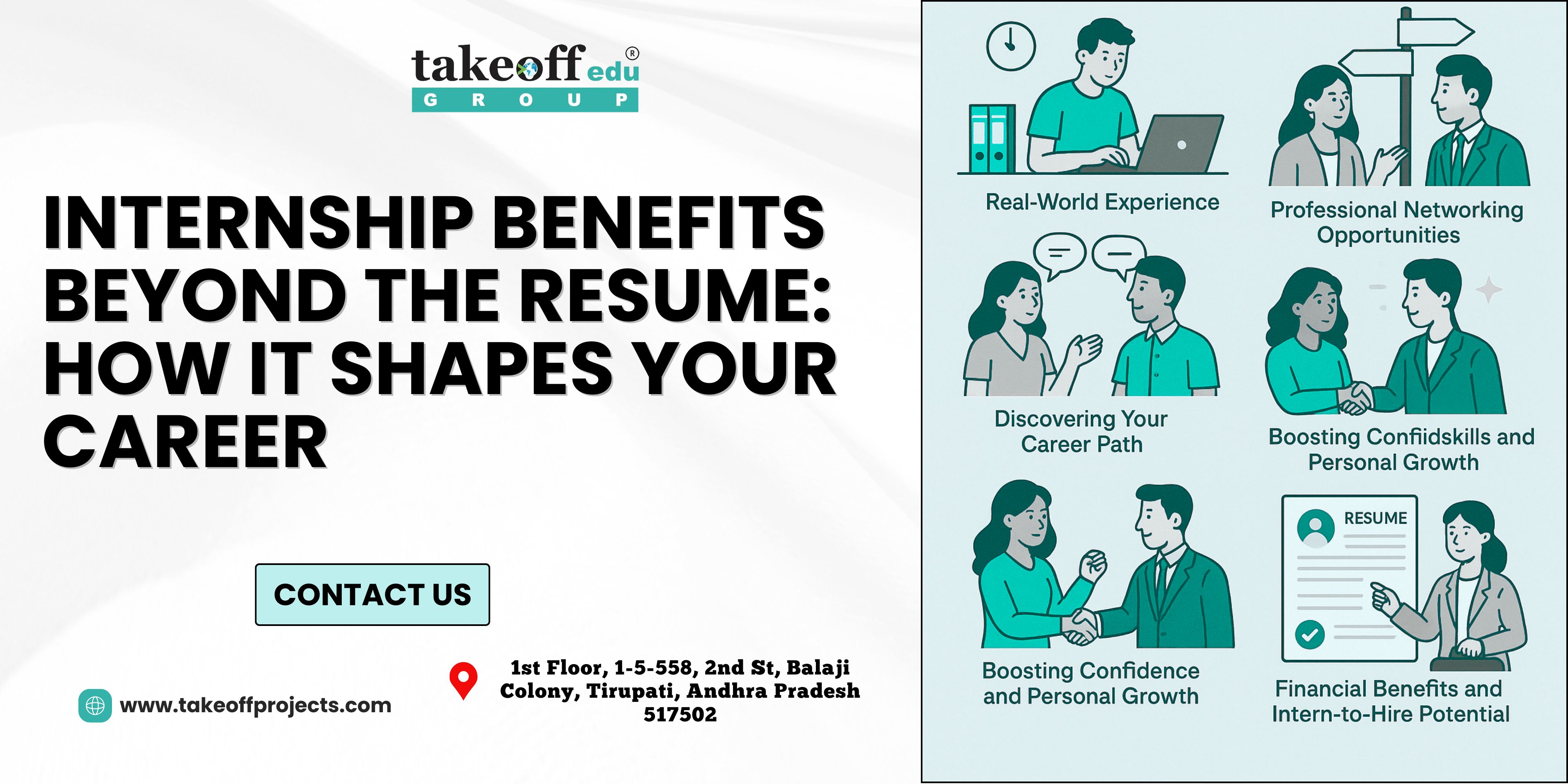 Internship Benefits Beyond the Resume: How It Shapes Your Career
Internship Benefits Beyond the Resume: How It Shapes Your Career  Turing Internship into Job Offers: Strategies for Success
Turing Internship into Job Offers: Strategies for Success 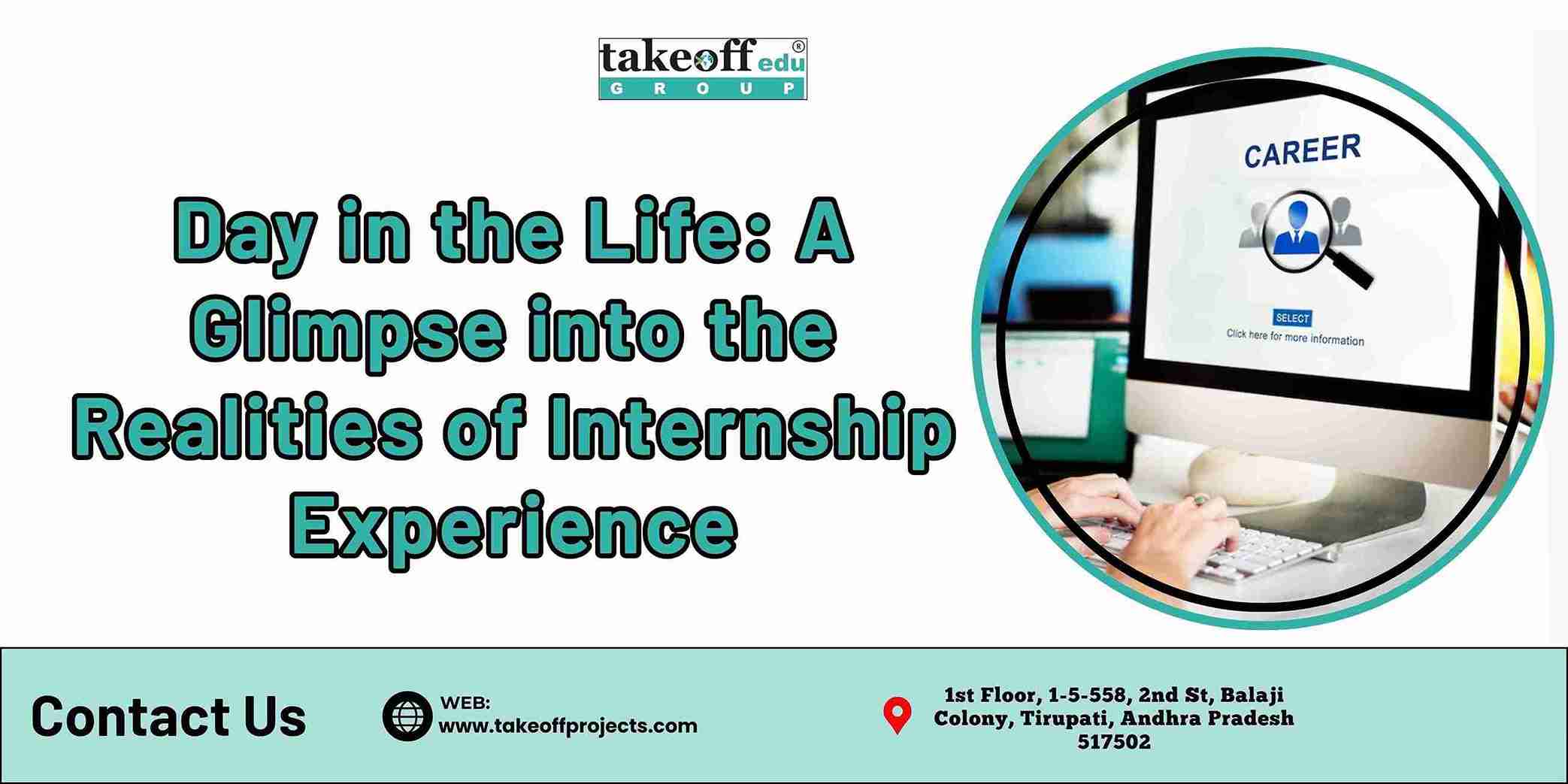 Day in the Life: A Glimpse into the Realities of Internship Experience
Day in the Life: A Glimpse into the Realities of Internship Experience  Internship Insights: What Recruiters Look for in Candidates
Internship Insights: What Recruiters Look for in Candidates  Why Internships Matter: Building Bridges to Your Future Career
Why Internships Matter: Building Bridges to Your Future Career  Smart Mirror Based on Raspberry Pi
Smart Mirror Based on Raspberry Pi  Best Major & Mini Project Ideas for Engineering College Students
Best Major & Mini Project Ideas for Engineering College Students  Top B.Tech/M.Tech Engineering Projects Consultants & Services
Top B.Tech/M.Tech Engineering Projects Consultants & Services  Engineering Project Ideas & Topics for Students
Engineering Project Ideas & Topics for Students  Engineering Procurement Construction (EPC) Project Services: Step By Step Guide
Engineering Procurement Construction (EPC) Project Services: Step By Step Guide  IEEE Projects in Tirupati
IEEE Projects in Tirupati 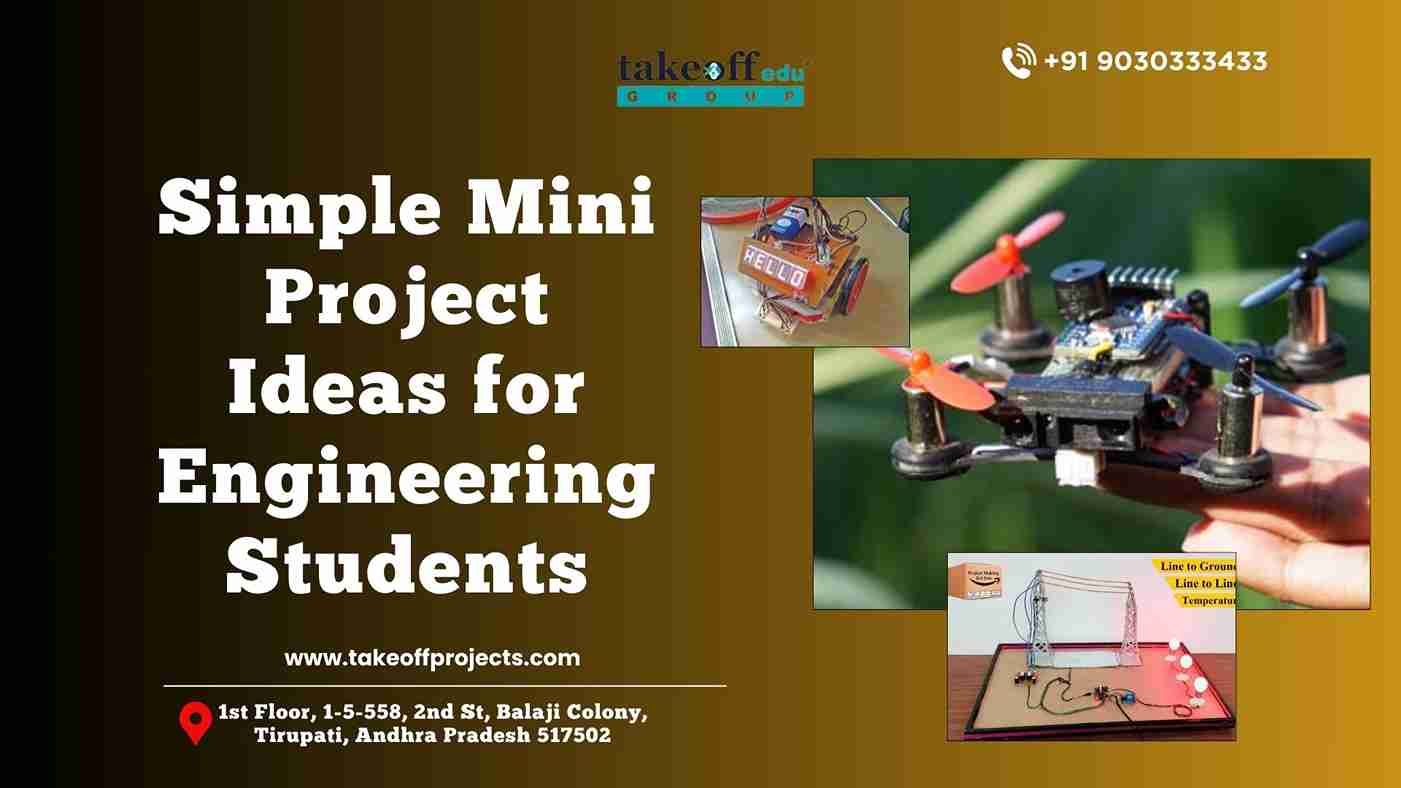 Simple Mini Project Ideas for Engineering Students
Simple Mini Project Ideas for Engineering Students 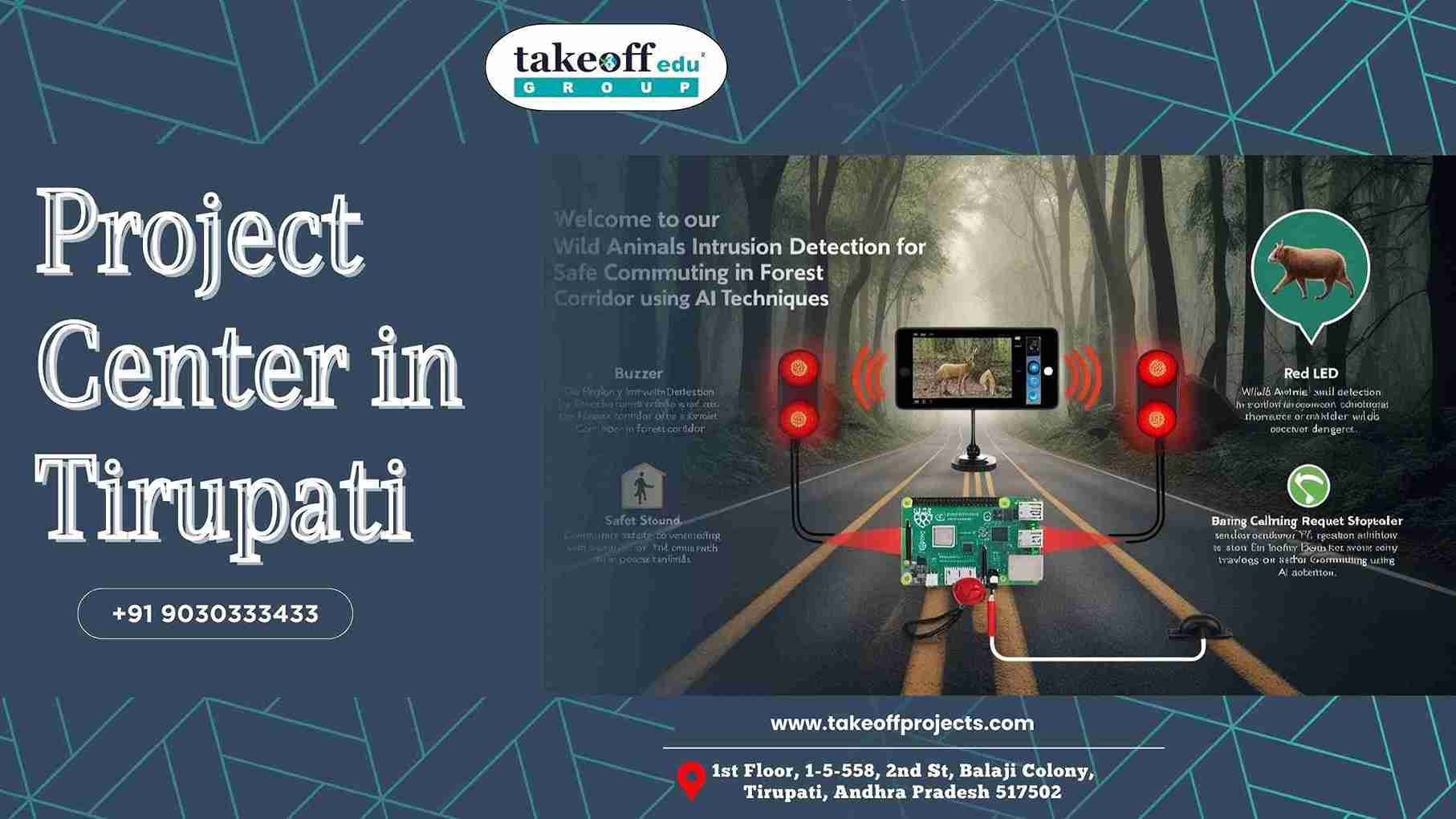 Project Center in Tirupati
Project Center in Tirupati  Top Engineering Project Consultants in Tirupati
Top Engineering Project Consultants in Tirupati  Innovative Software Engineering Projects: Shaping the Future of Technology
Innovative Software Engineering Projects: Shaping the Future of Technology 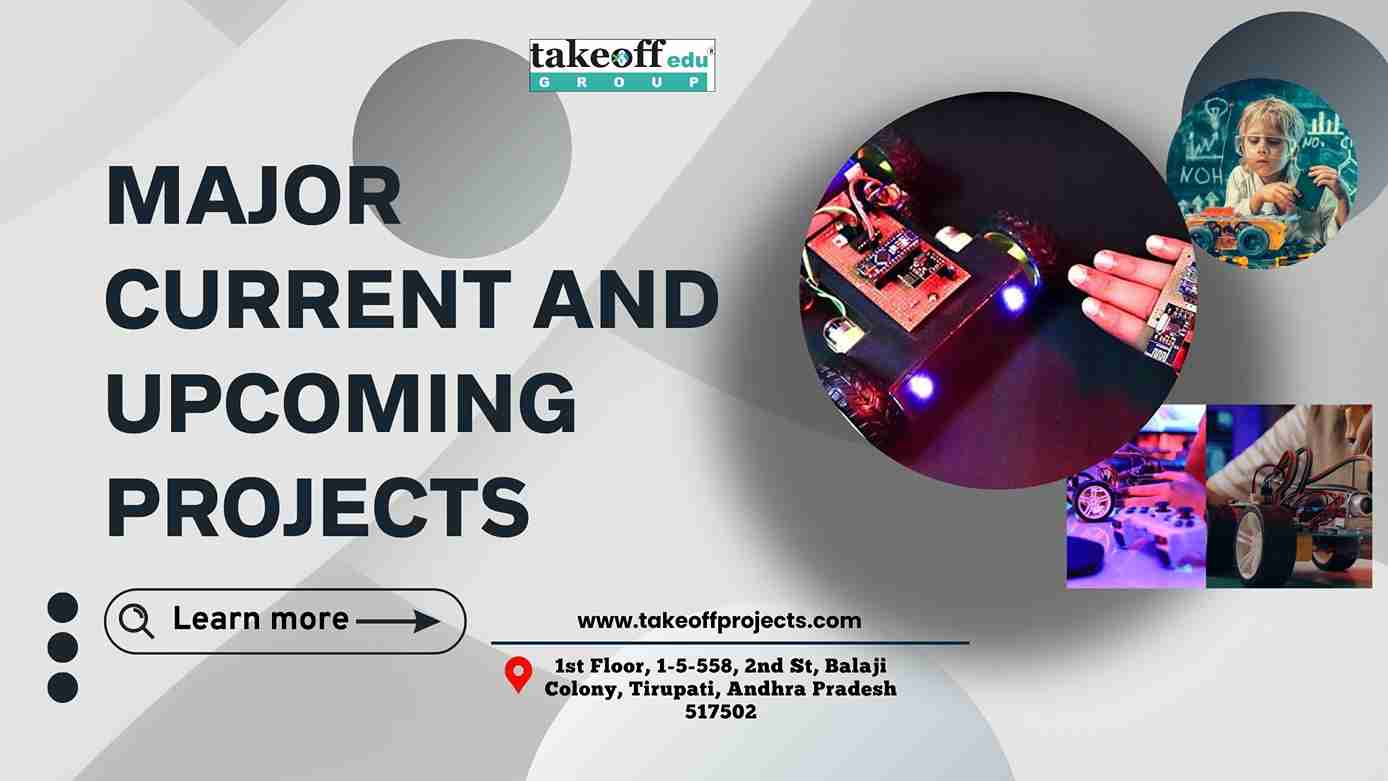 Major Current and Upcoming Projects
Major Current and Upcoming Projects  Best Project Management Consultant in Tirupati
Best Project Management Consultant in Tirupati  Top 10 Best Project Consultants in Andhra Pradesh
Top 10 Best Project Consultants in Andhra Pradesh  Best Project Consultancy in Tirupati
Best Project Consultancy in Tirupati  Advanced Technology Project Ideas in Chittoor
Advanced Technology Project Ideas in Chittoor 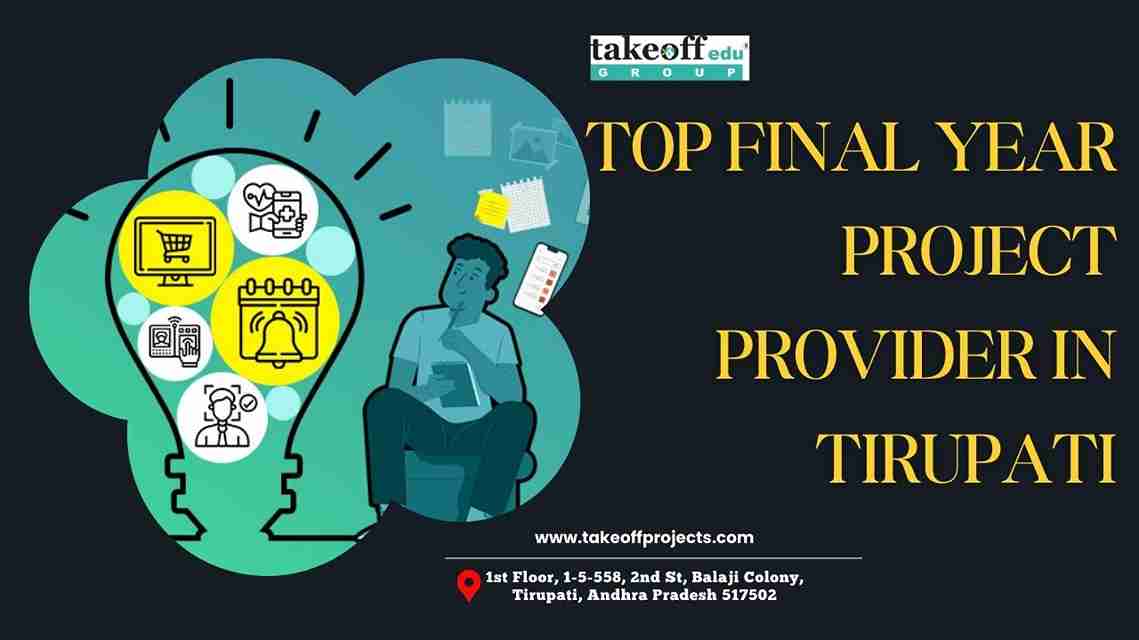 Top Final Year Project Provider in Tirupati
Top Final Year Project Provider in Tirupati 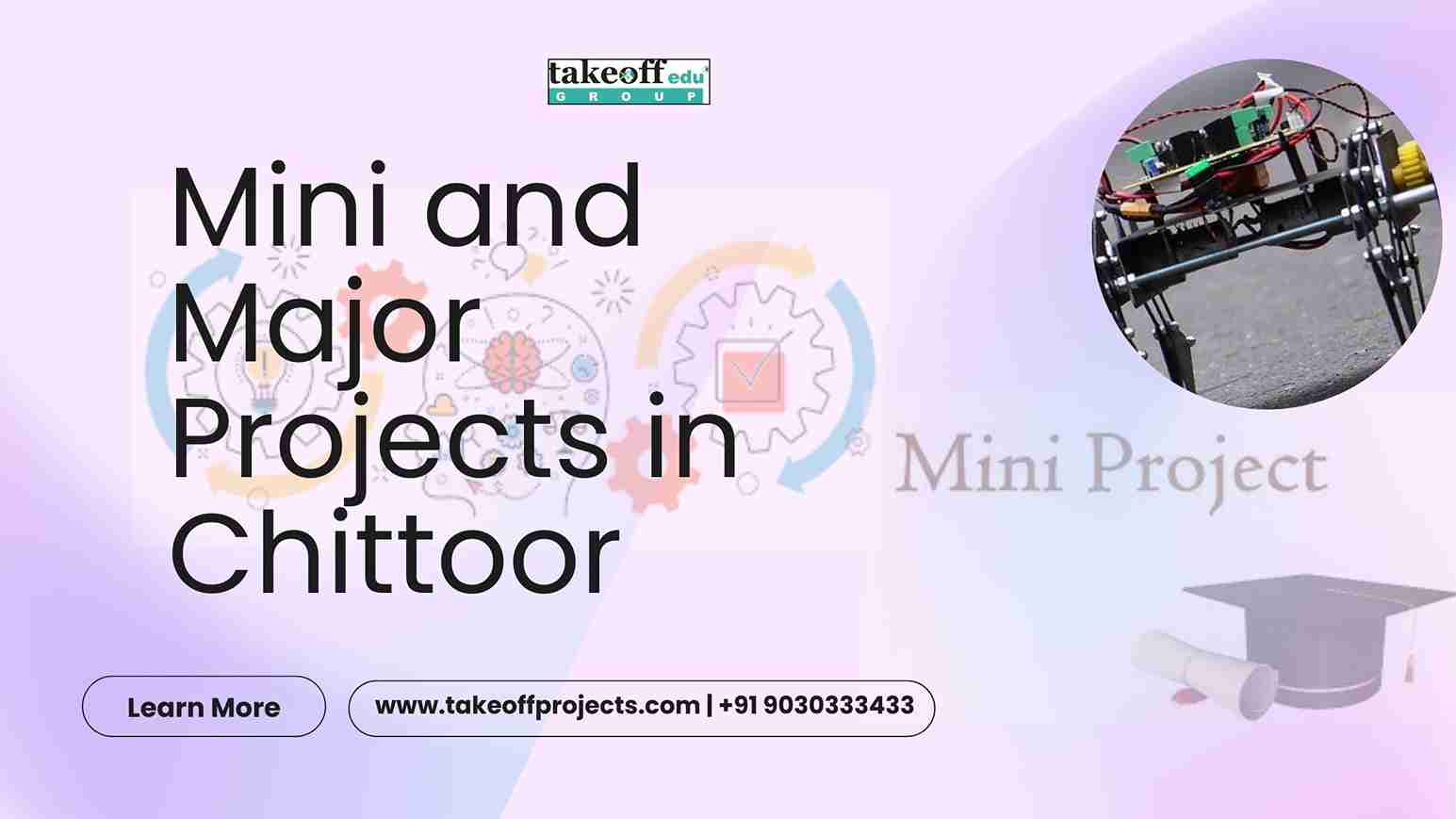 Mini and Major Projects in Chittoor
Mini and Major Projects in Chittoor  Final Year Projects in Tirupati: Unlocking Your Academic Potential
Final Year Projects in Tirupati: Unlocking Your Academic Potential  Affordable Academic Projects in India: A Gateway to Success
Affordable Academic Projects in India: A Gateway to Success  Trending Engineering Project Ideas in Tirupati 2025
Trending Engineering Project Ideas in Tirupati 2025  Technical Project ideas for engineering students
Technical Project ideas for engineering students  How Do I Choose A Project Topic Titles For Final Year Engineering Students?
How Do I Choose A Project Topic Titles For Final Year Engineering Students?  Find Best College Project Centers in Andhra Pradesh
Find Best College Project Centers in Andhra Pradesh  Latest Engineering Project Ideas for 2025
Latest Engineering Project Ideas for 2025 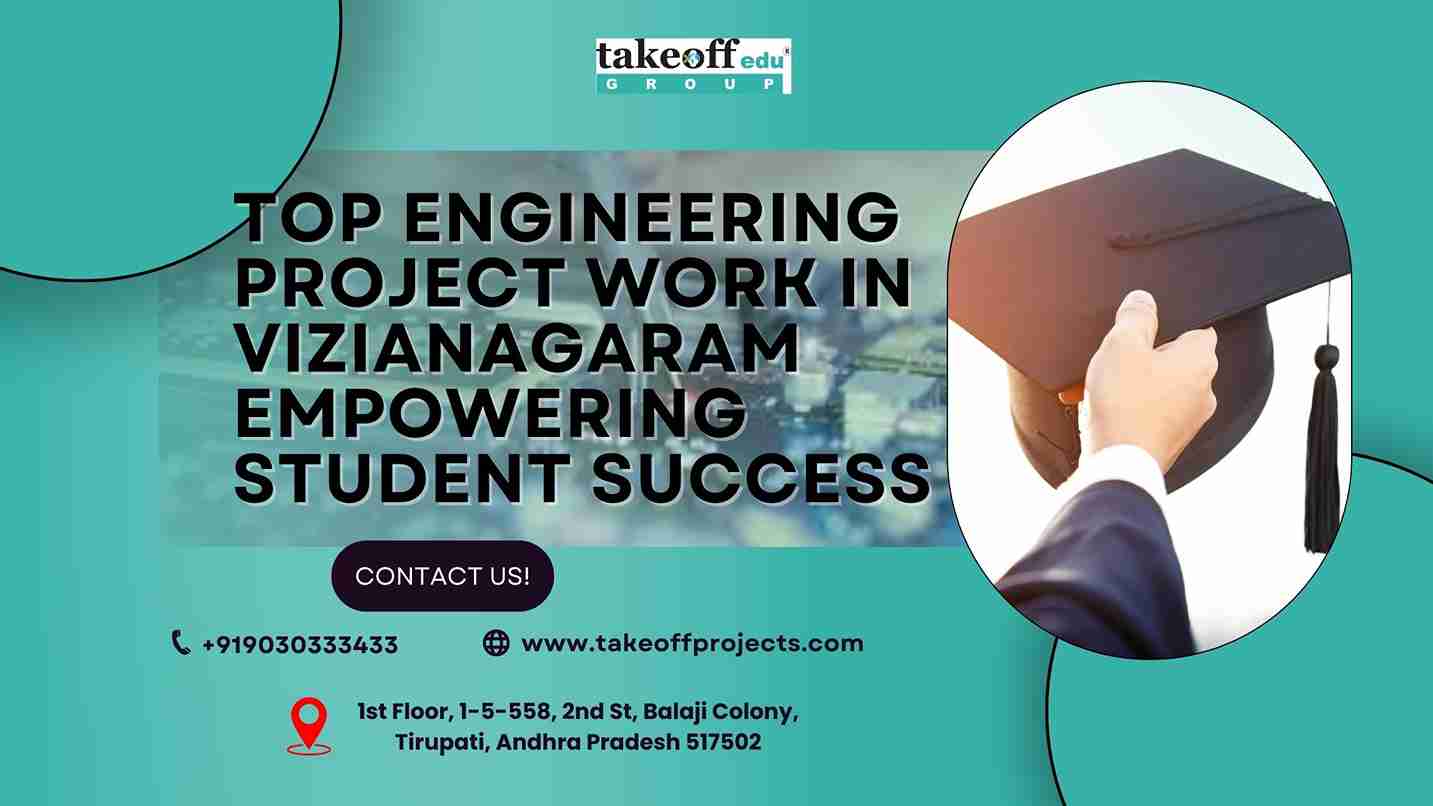 Top Engineering Project Work in Vizianagaram: Empowering Student Success
Top Engineering Project Work in Vizianagaram: Empowering Student Success 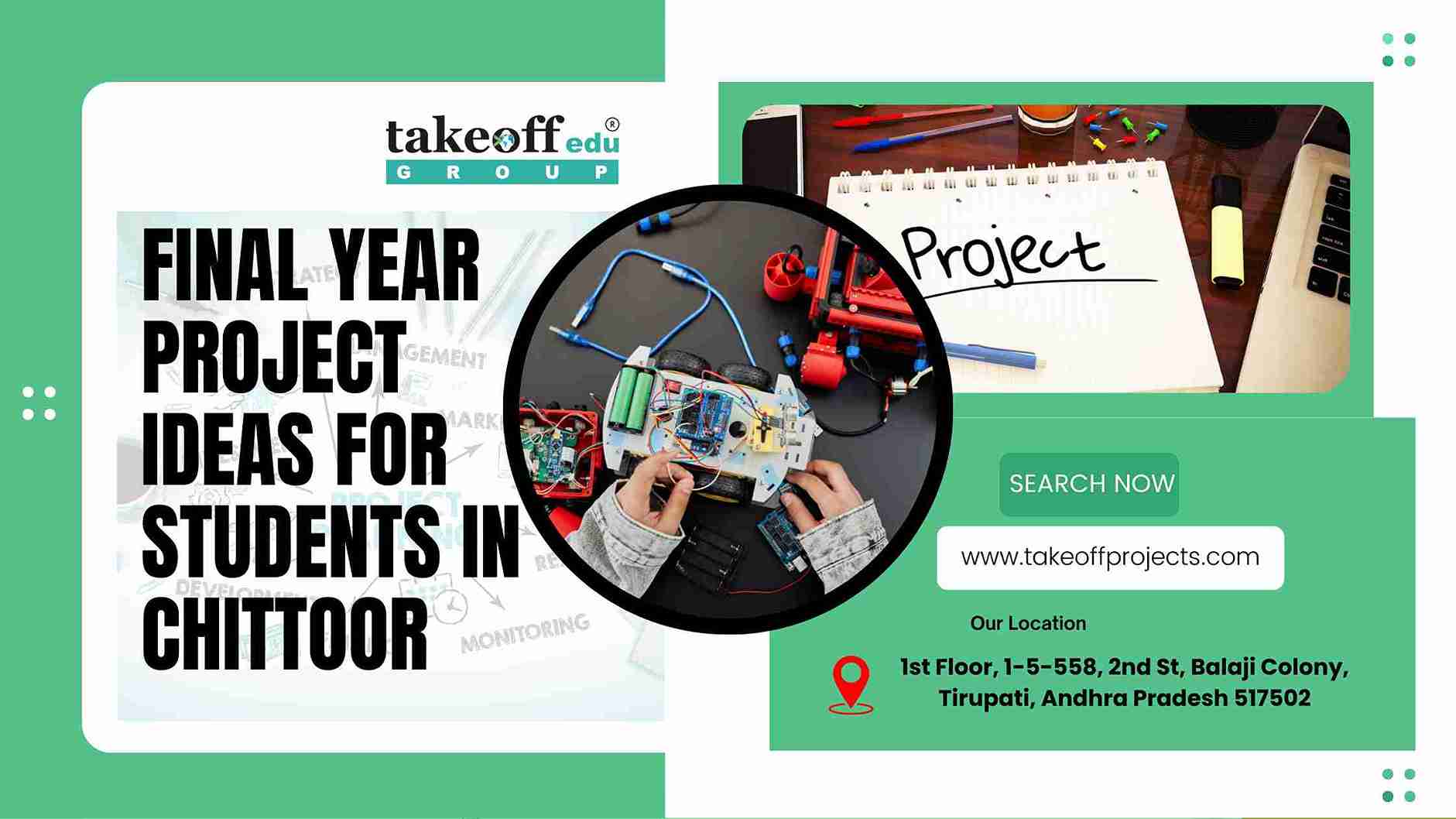 Final Year Project Ideas for Students in Chittoor
Final Year Project Ideas for Students in Chittoor  Project Ideas for College Students in Telangana
Project Ideas for College Students in Telangana  Top 10 Mini Project Ideas for College Students
Top 10 Mini Project Ideas for College Students 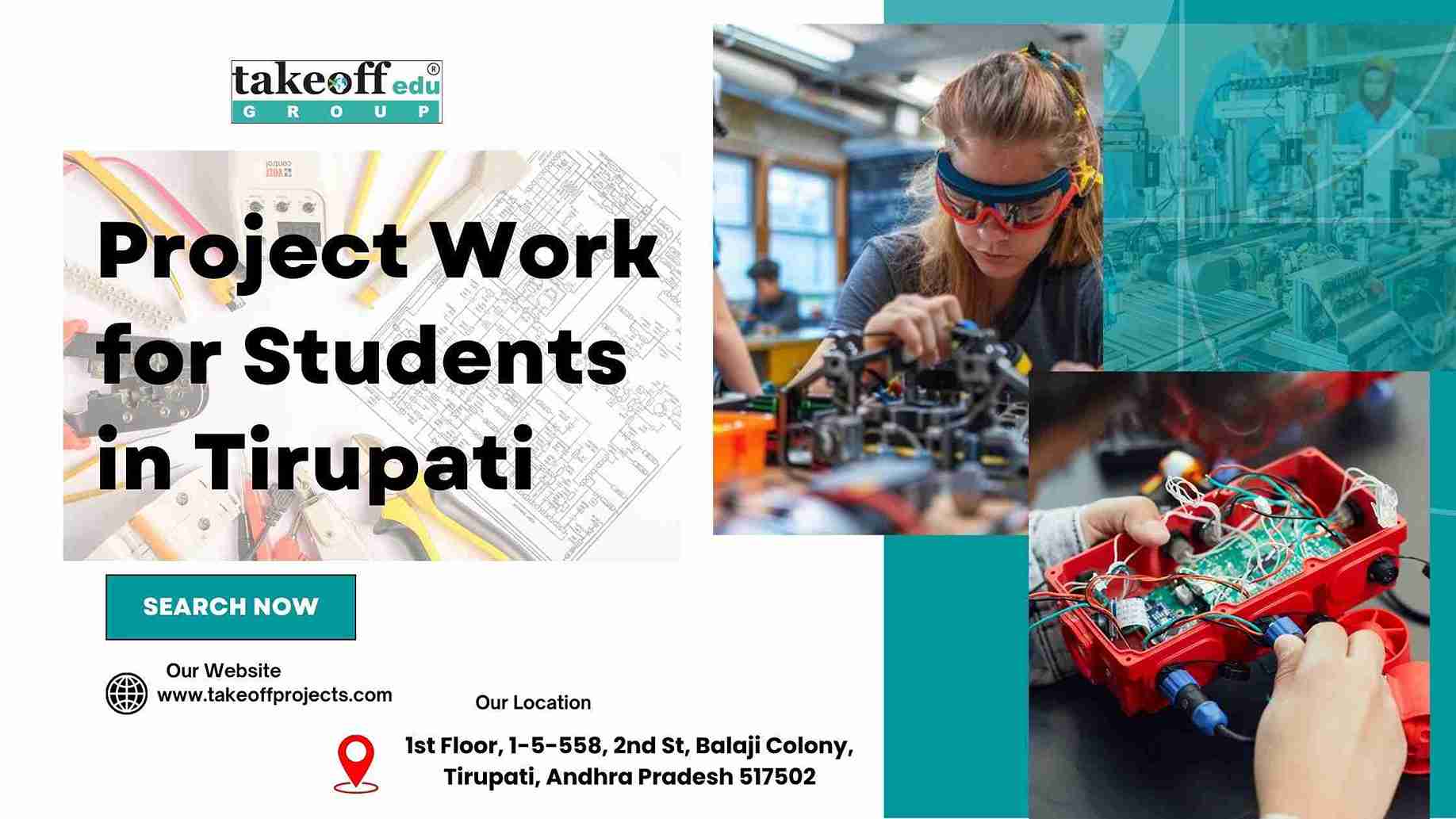 Project Work for Students in Tirupati
Project Work for Students in Tirupati  Best Engineering Projects in Andhra Pradesh: A Comprehensive Guide
Best Engineering Projects in Andhra Pradesh: A Comprehensive Guide  Using Cloud-Based Tools for Collaborative Research Projects
Using Cloud-Based Tools for Collaborative Research Projects  Advantages of Undergraduate Research Opportunities
Advantages of Undergraduate Research Opportunities  How to Prepare for Academic Research Conferences
How to Prepare for Academic Research Conferences  Understanding the Different Types of Academic Research
Understanding the Different Types of Academic Research 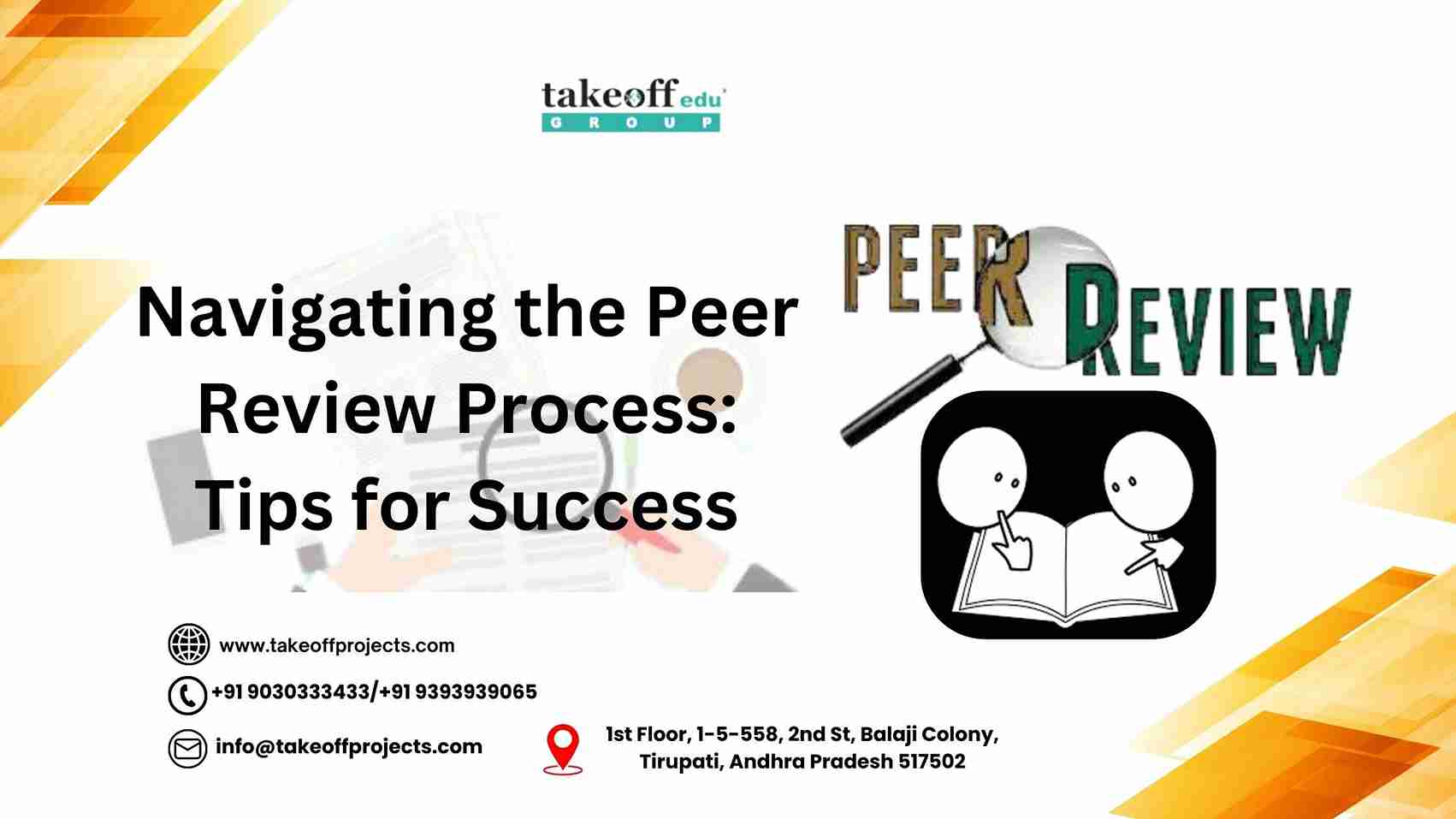 Navigating the Peer Review Process: Tips for Success
Navigating the Peer Review Process: Tips for Success  How to Write the Abstract for a Research Paper
How to Write the Abstract for a Research Paper 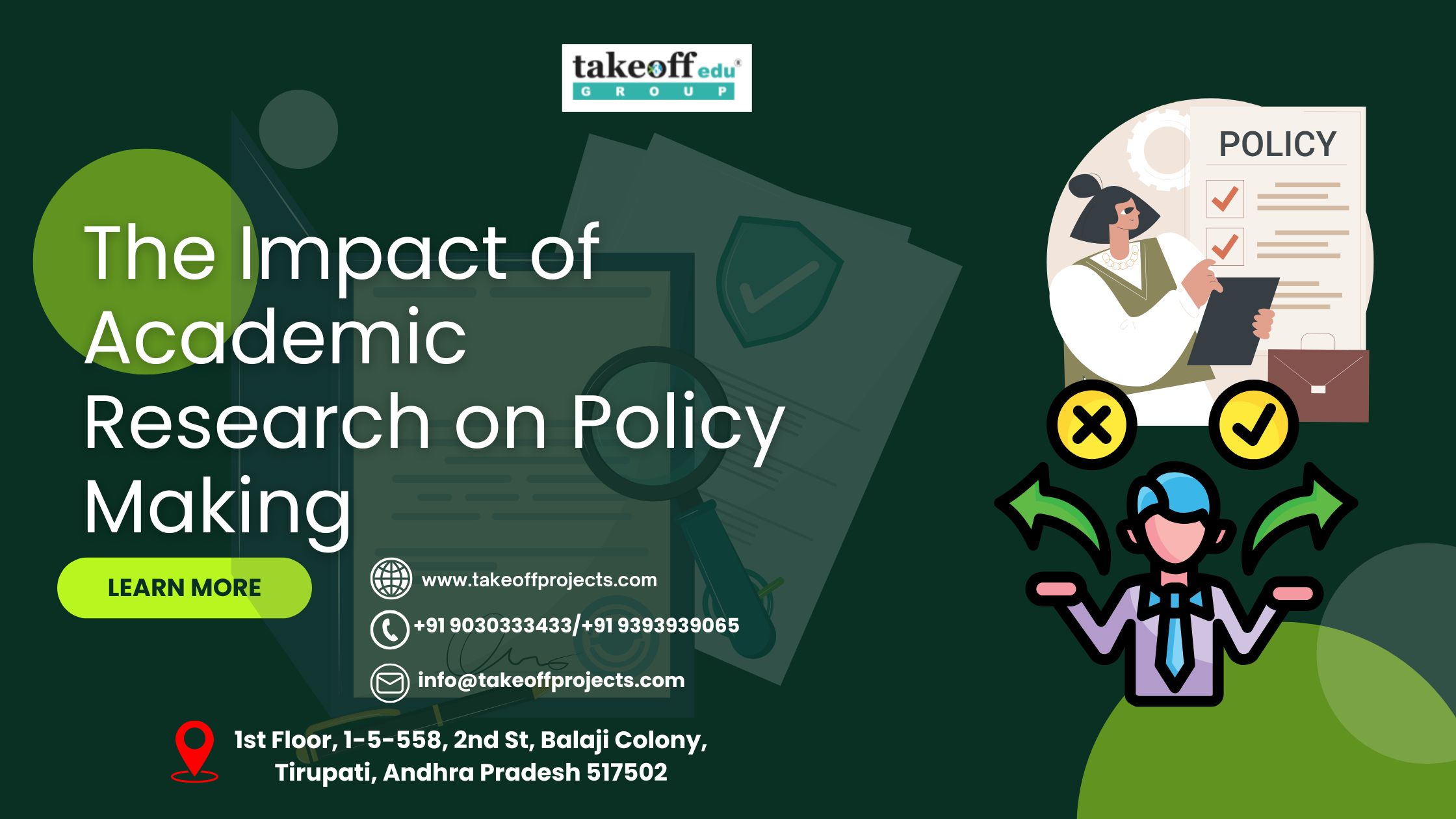 The Impact of Academic Research on Policy Making
The Impact of Academic Research on Policy Making 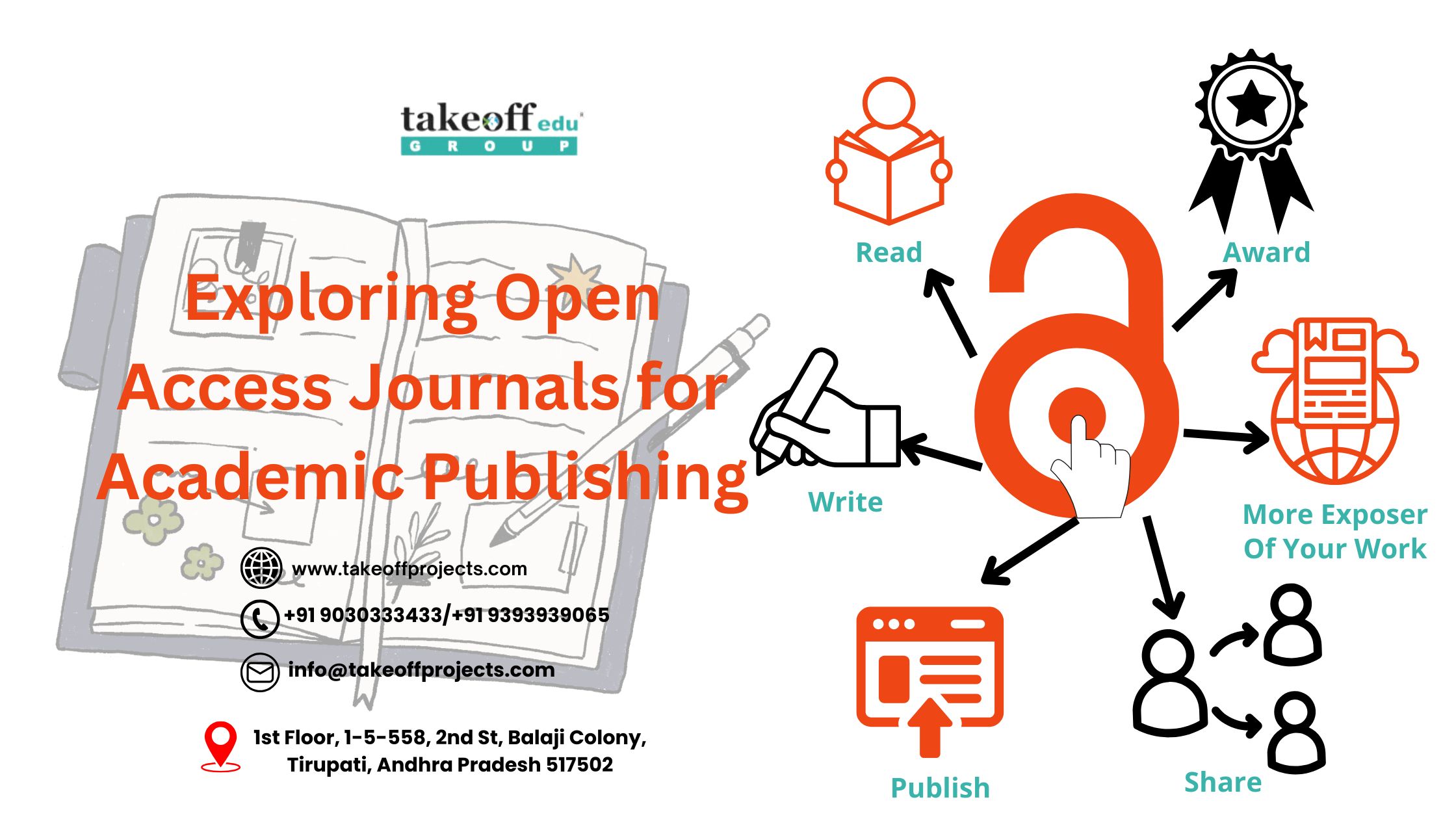 Exploring Open Access Journals for Academic Publishing
Exploring Open Access Journals for Academic Publishing 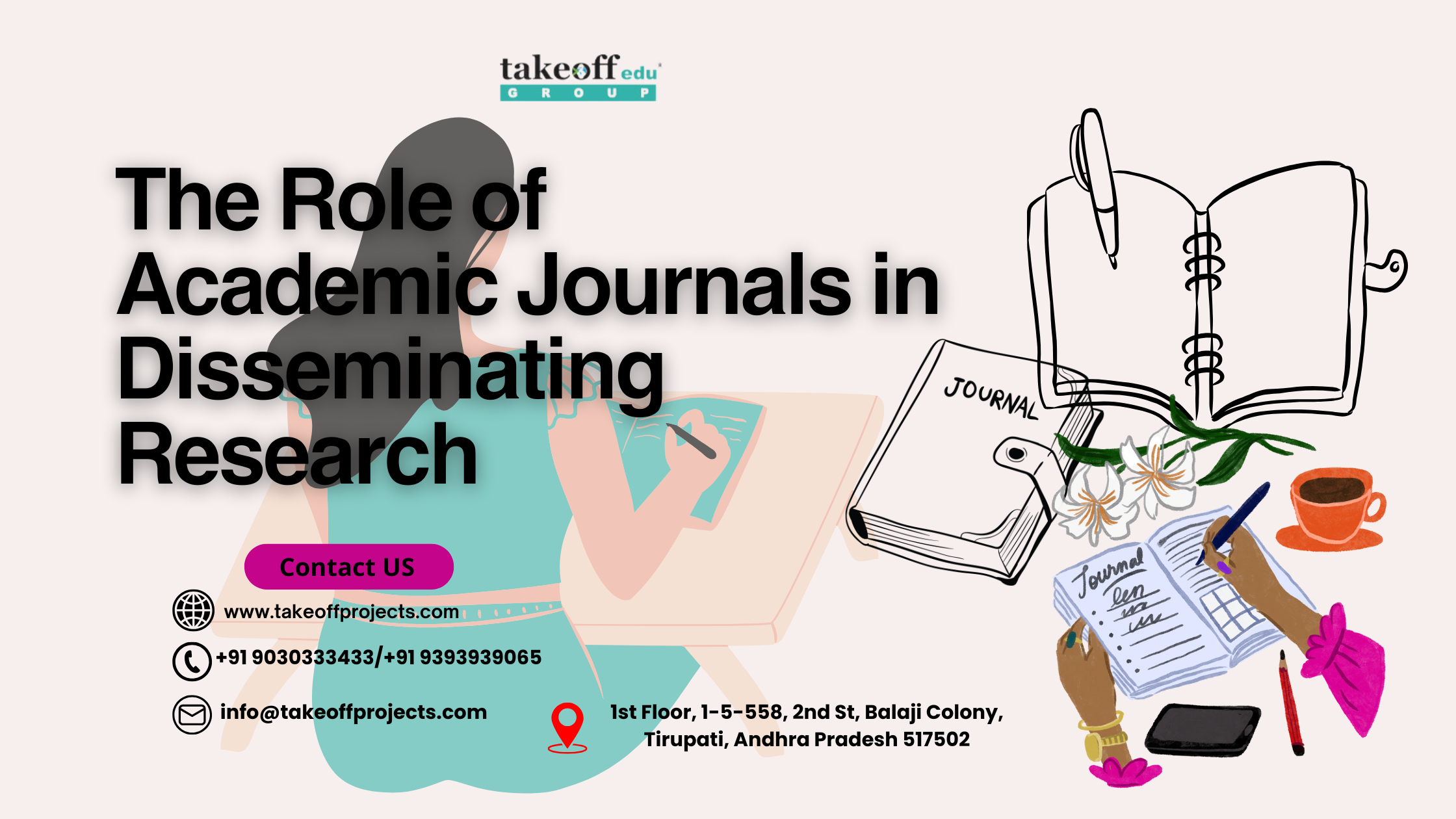 The Role of Academic Journals in Disseminating Research
The Role of Academic Journals in Disseminating Research  How to Balance Coursework and Research Projects: A Guide to Academic Success
How to Balance Coursework and Research Projects: A Guide to Academic Success 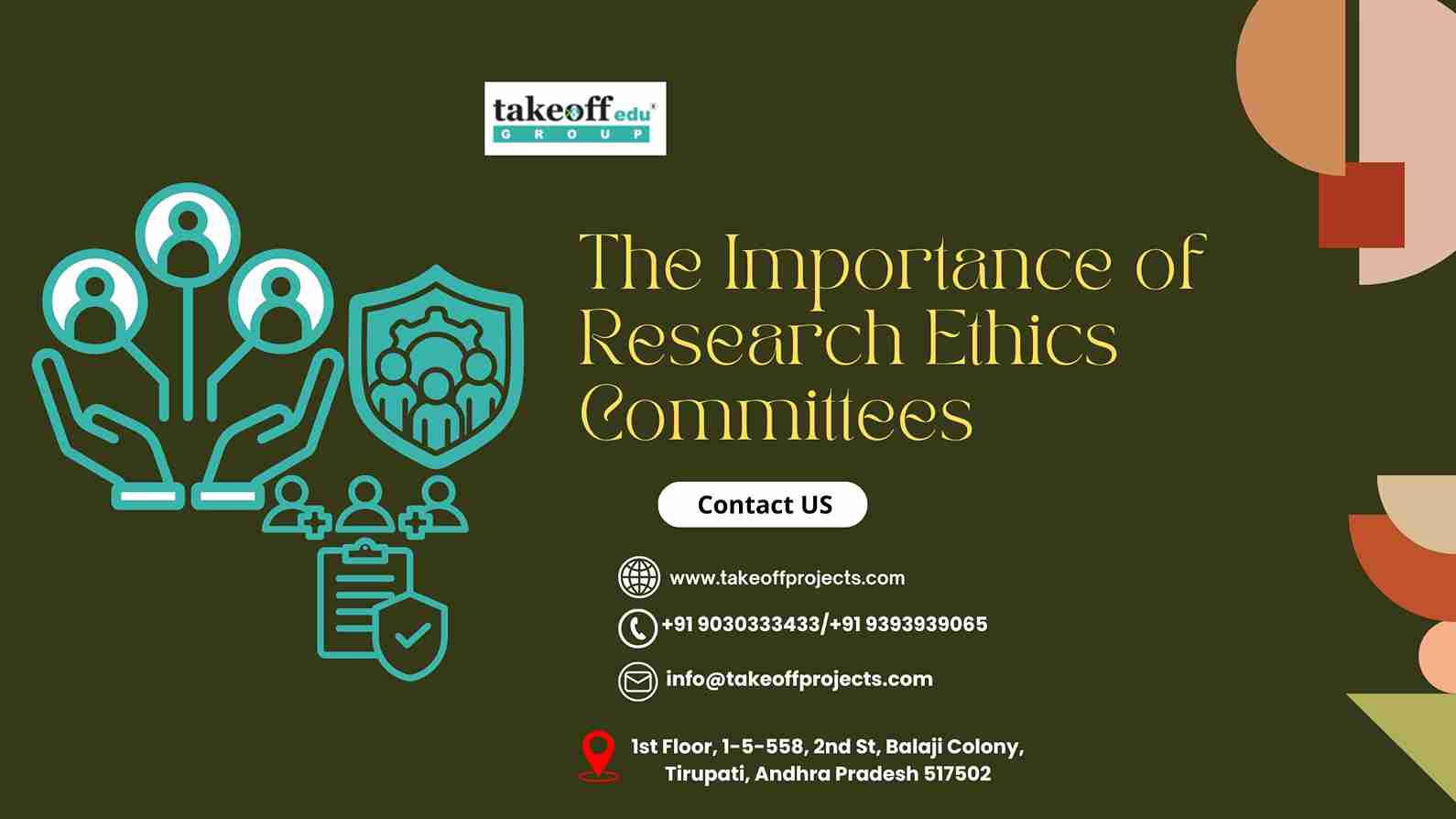 The Importance of Research Ethics Committees
The Importance of Research Ethics Committees  Innovative Teaching Methods to Support Academic Research Projects
Innovative Teaching Methods to Support Academic Research Projects  Creating Impactful Visual Aids for Research Presentations
Creating Impactful Visual Aids for Research Presentations  The Benefits of Peer Review in Academic Research
The Benefits of Peer Review in Academic Research  Surveys and Questionnaires are Effective in Academic Research
Surveys and Questionnaires are Effective in Academic Research  Importance of Documentation Record-Keeping in Academic Research
Importance of Documentation Record-Keeping in Academic Research  Overcoming Challenges in Academic Research Projects
Overcoming Challenges in Academic Research Projects  Leveraging Online Resources for Academic Research
Leveraging Online Resources for Academic Research 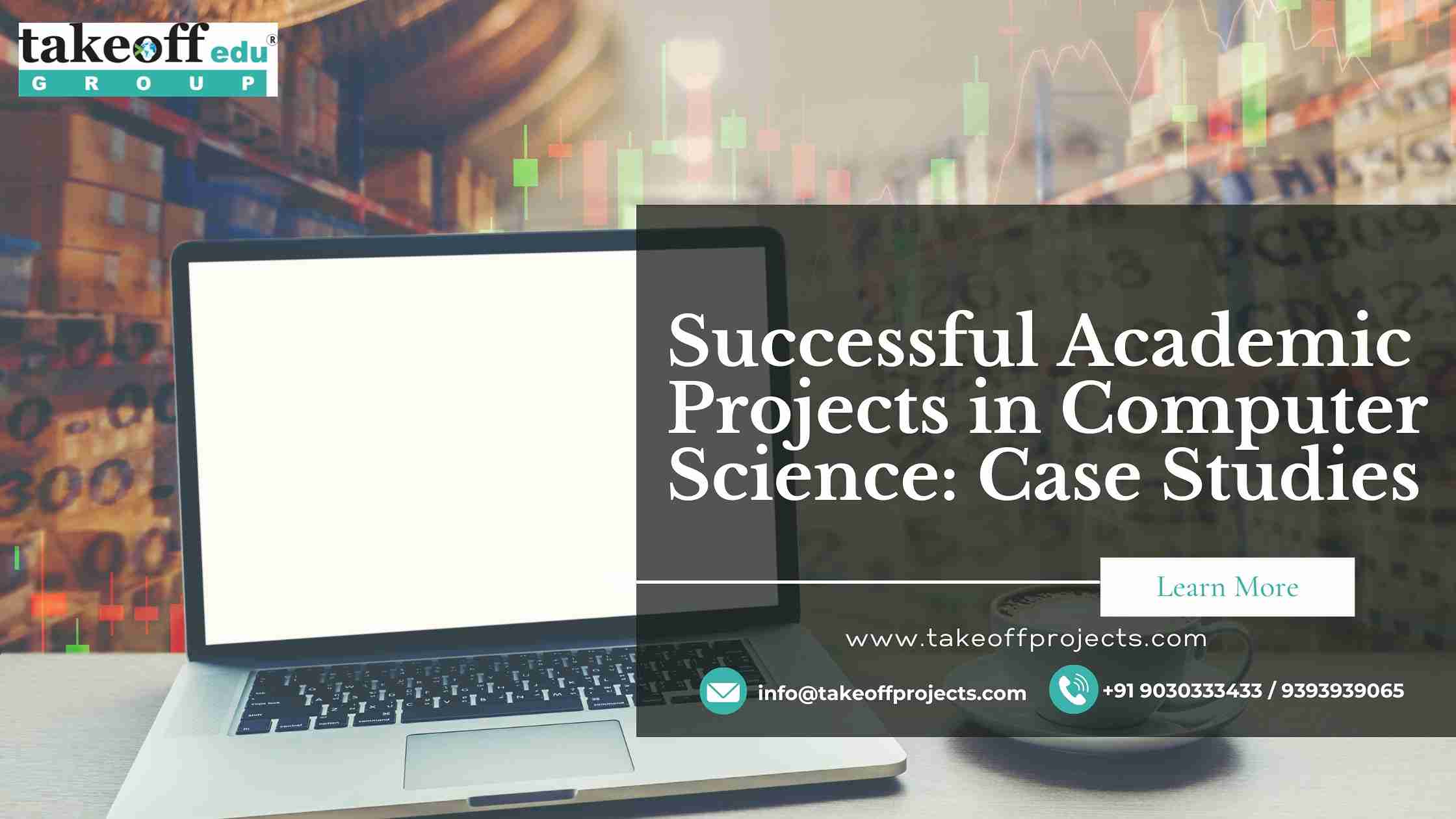 Successful Academic Projects in Computer Science: Case Studies
Successful Academic Projects in Computer Science: Case Studies  Building a Research Network: The Importance of Conferences and Workshops
Building a Research Network: The Importance of Conferences and Workshops  How Technology Affects Academic Research?
How Technology Affects Academic Research? 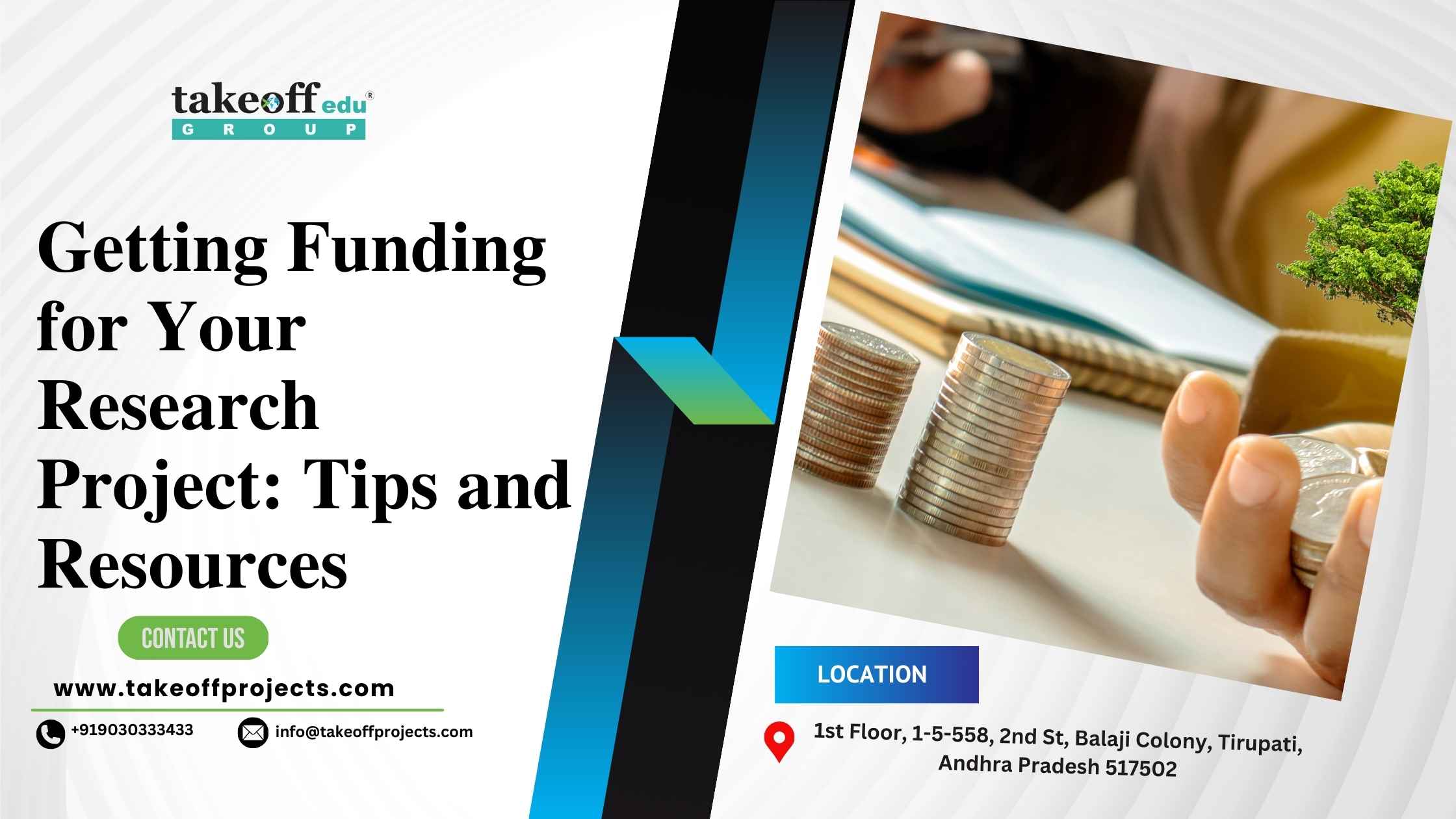 Getting Funding for Your Research Project: Tips and Resources
Getting Funding for Your Research Project: Tips and Resources  Ethical Considerations in Academic Research
Ethical Considerations in Academic Research  How to Write and Publishing Your Academic Paper?
How to Write and Publishing Your Academic Paper?  Presenting Your Research: Guidelines To Consider When Making An Academic Presentation
Presenting Your Research: Guidelines To Consider When Making An Academic Presentation  Analyzing Research Data: Effective Techniques in Engineering Projects
Analyzing Research Data: Effective Techniques in Engineering Projects  Best Practices for Conducting a Literature Review
Best Practices for Conducting a Literature Review  Writing a Winning Student Research Proposal: A Step-by-Step Guide
Writing a Winning Student Research Proposal: A Step-by-Step Guide  Project Management for Academic Research: Tools and Techniques
Project Management for Academic Research: Tools and Techniques  How to Choose the Perfect Academic Project Topic?
How to Choose the Perfect Academic Project Topic?  Presenting Final Year Project to Your Supervisor
Presenting Final Year Project to Your Supervisor  Trending Engineering Projects in 2024 Future-Ready
Trending Engineering Projects in 2024 Future-Ready  Innovative Renewable Energy Project Ideas
Innovative Renewable Energy Project Ideas  How Engineering Projects Ideas to contribute your academic year?
How Engineering Projects Ideas to contribute your academic year?  Latest Engineering Projects in 2024
Latest Engineering Projects in 2024 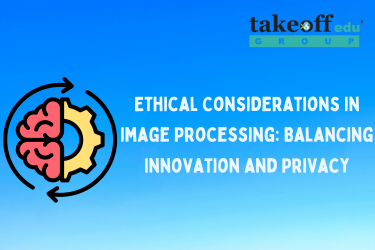 Ethical Considerations in Image Processing: Balancing Innovation and Privacy
Ethical Considerations in Image Processing: Balancing Innovation and Privacy  From Pixels to Insights A Journey into Image Enhancement Algorithms
From Pixels to Insights A Journey into Image Enhancement Algorithms 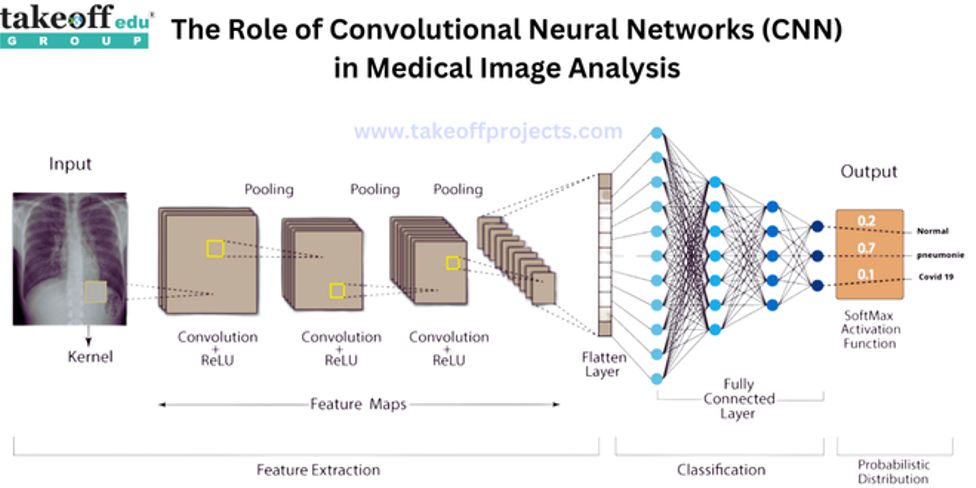 The Role of Convolutional Neural Networks in Medical Image Analysis
The Role of Convolutional Neural Networks in Medical Image Analysis 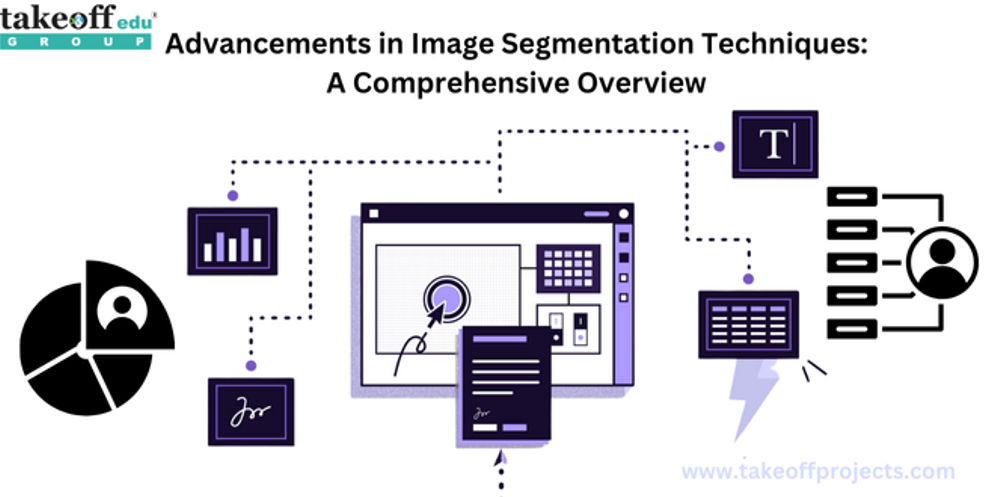 Advancements in Image Segmentation Techniques: A Comprehensive Overview
Advancements in Image Segmentation Techniques: A Comprehensive Overview 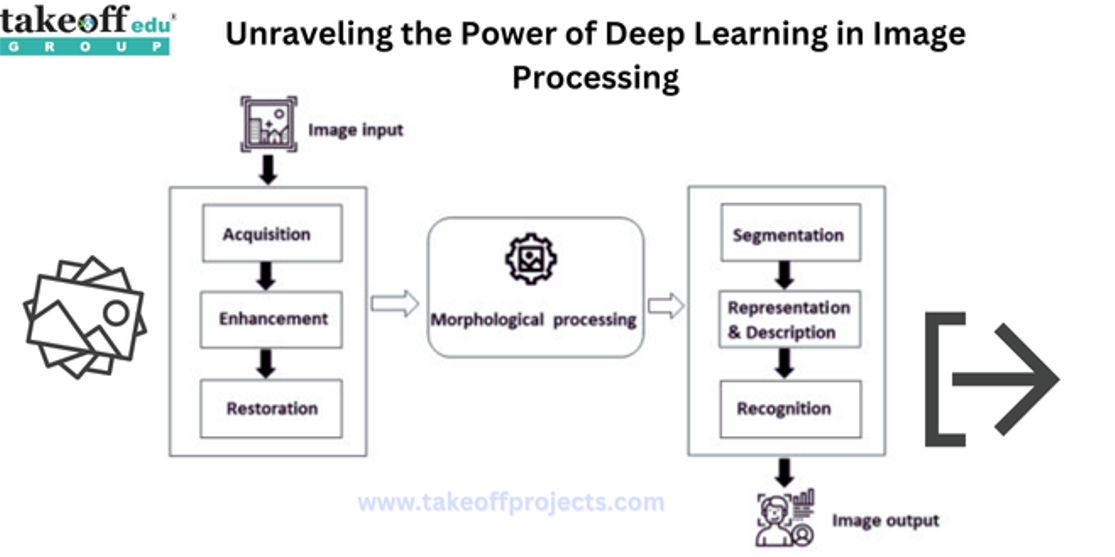 Unraveling the Power of Deep Learning in Image Processing
Unraveling the Power of Deep Learning in Image Processing  Importance of Final Year Projects for Students
Importance of Final Year Projects for Students  How to Present Your Final Year Project to Your Supervisor?
How to Present Your Final Year Project to Your Supervisor?  How to Choose the Right Final Year Project Topic?
How to Choose the Right Final Year Project Topic?  Common Mistakes to Avoid on Your Final Year Project
Common Mistakes to Avoid on Your Final Year Project  How to Write a Winning Engineering Project Report?
How to Write a Winning Engineering Project Report?  Low Cost Mini Projects Ideas for Civil Engineering
Low Cost Mini Projects Ideas for Civil Engineering  Low Cost Mini Project Ideas for Mechanical Engineering
Low Cost Mini Project Ideas for Mechanical Engineering 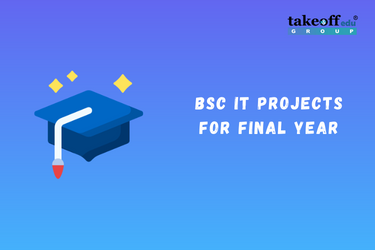 BSc IT Projects for Final Year
BSc IT Projects for Final Year 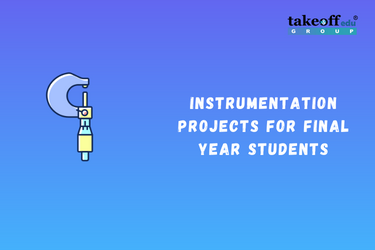 Instrumentation Projects for Final Year Students
Instrumentation Projects for Final Year Students  Biomedical Instrumentation Projects
Biomedical Instrumentation Projects  M.Tech Structural Engineering Projects
M.Tech Structural Engineering Projects 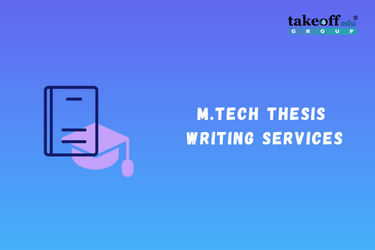 M.Tech Thesis Writing Services
M.Tech Thesis Writing Services  M.Tech Projects for Electrical, Electronics & Software Engineering
M.Tech Projects for Electrical, Electronics & Software Engineering  Latest Final Year Projects for B.Tech & M.Tech Students
Latest Final Year Projects for B.Tech & M.Tech Students 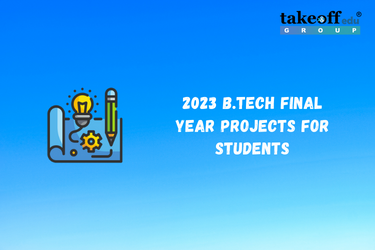 2023 B.Tech Final Year Projects for Students
2023 B.Tech Final Year Projects for Students 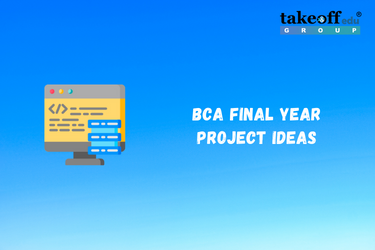 Latest BCA Final Year Project Ideas for 2023
Latest BCA Final Year Project Ideas for 2023  Top BE Projects Ideas & Topics for Students
Top BE Projects Ideas & Topics for Students  14+ Interesting Engineering Projects
14+ Interesting Engineering Projects  IEEE Final Year Projects
IEEE Final Year Projects 
 Paper Publishing
Paper Publishing


